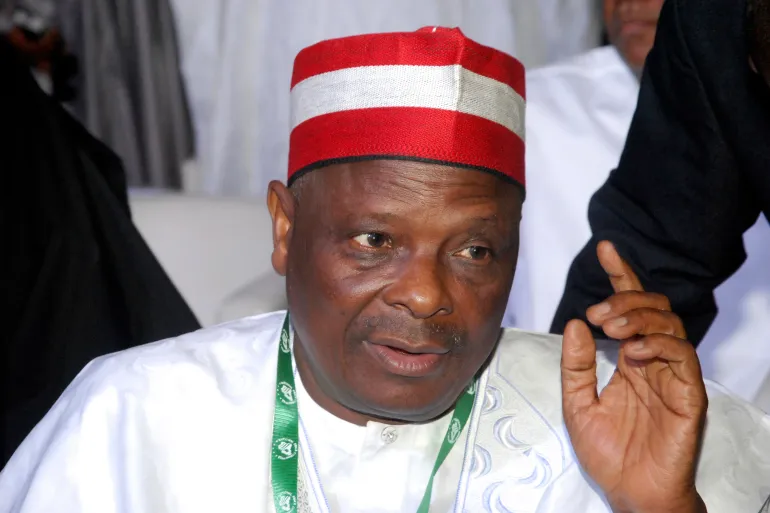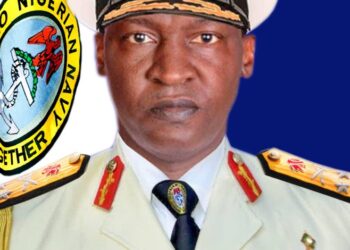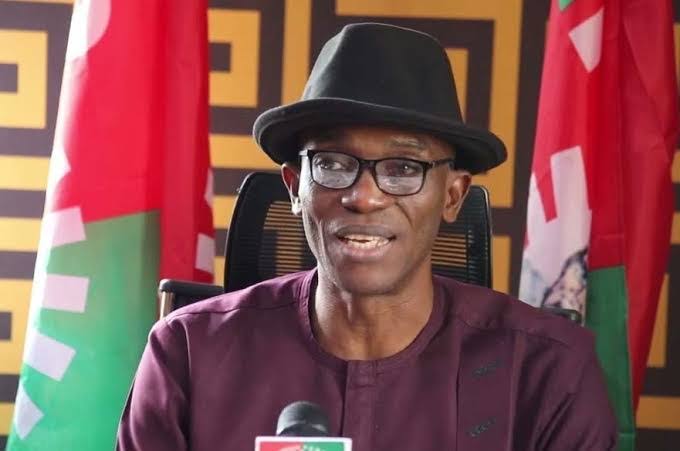The Minister of State for Housing and Urban Development, Yusuf Bala Ata, has strongly opposed speculations suggesting that former Kano State Governor, Senator Rabiu Musa Kwankwaso, may be planning to defect to the All Progressives Congress (APC).
Speaking to journalists in Abuja after a closed-door meeting with the APC National Chairman, Dr. Abdullahi Umar Ganduje, at the party’s national secretariat, Ata described Kwankwaso’s alleged move as desperate and warned that such a return could spark internal crises in the Kano APC chapter.
“Anyone who visits Kano today will clearly notice the shift. The red caps that once dominated public spaces have nearly disappeared,” Ata declared. “Previously, if you walked into a mosque in Kano, you would find several red caps. Today, in a gathering of over 5,000 worshippers, it would be hard to spot even 20 of them.”
He argued that this decline is proof that Kwankwaso’s political relevance in the state has waned. According to him, the APC in Kano remains firmly united under the leadership of Dr. Ganduje, with full grassroots backing.
“We are not asking for anything less. We are standing solidly behind our National Chairman. We’ve been in constant discussion with him. This is the unified opinion of the APC in Kano State, even at the grassroots,” Ata said.
He added, “Kwankwaso is no longer relevant in Kano politics. He is only attempting to return to the APC, not because he was invited, but because he sees the end of his political road. Politically, he is finished. And Mr. President is not in the dark. He has detailed security reports from the grassroots confirming Kwankwaso’s loss of influence.”
Ata warned that allowing Kwankwaso into the APC could create serious internal discord in the state chapter. “Unless the National Chairman, who is the party’s leader in Kano, decides to accommodate him, Kwankwaso stands rejected,” he stressed.
When asked why he personally would not welcome Kwankwaso back into the APC, Ata was blunt: “Unless our father, Dr. Ganduje, makes the decision to accept him, I won’t be happy. I was a member of the Kano State House of Assembly in 1999 when Kwankwaso was governor, I know him very well.”
“There is no deal with him. He is not appealing to the Kano APC. We will only follow the directive of our leader. If the National Chairman says we should accommodate him, then so be it. But left to us, he is no longer welcome.”
Meanwhile, Dr. Ganduje, while responding to questions on the same issue, acknowledged that Kwankwaso has lost most of his followers and appeared to be seeking political refuge.
“When a fish is running out of water, it will naturally look for where to survive. That’s the situation right now,” Ganduje said metaphorically. “I won’t categorically say we are not ready to welcome him.”
He continued: “When you see your son looking for shelter and you have a big home, it is morally right to accommodate him. A friend in need is a friend indeed. Someone who has been abandoned shouldn’t be left to wander in the dark.”
Ganduje’s comment struck a contrast to Ata’s position, hinting at a possible willingness to receive Kwankwaso, albeit under certain terms.
The issue continues to stir debate within APC circles in Kano, with party loyalists divided over the prospect of welcoming back a once-powerful rival whose influence now appears to be on the decline.












